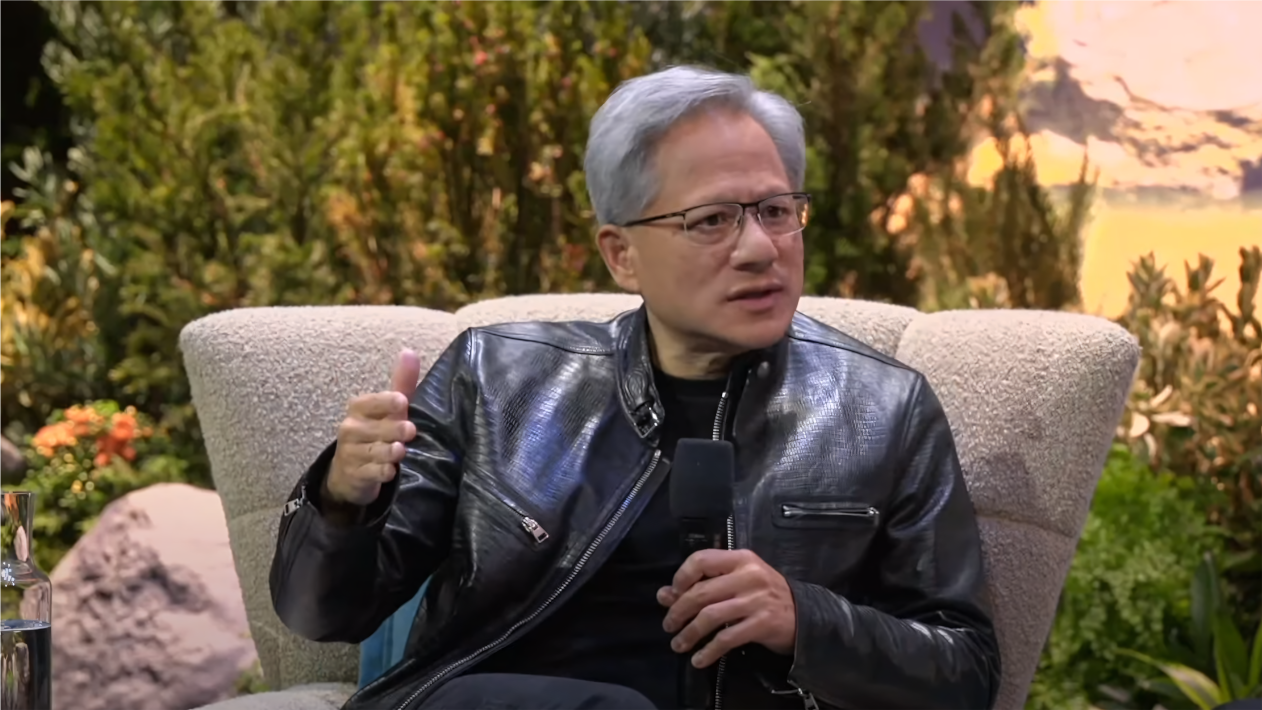Nvidia acquired more companies in 2024 than in the previous four years combined

Nvidia significantly ramped up its startup investments in 2024, pouring $1 billion into 50 different funding rounds and several corporate deals. That's a significant jump from its $872 million investment across 39 rounds in 2023.
Fresh off earning $9 billion from AI chip sales, the semiconductor giant focused mainly on "core AI" companies that need serious computing power - many of which are already Nvidia customers, according to the Financial Times. Some of the biggest names on Nvidia's 2024 investment list include Elon Musk's xAI, along with major AI players like OpenAI, Cohere, Mistral, and AI search company Perplexity.
The company also went on its biggest buying spree in years, acquiring more companies in 2024 than in the previous four years combined, including Israeli AI workload management platform Run:ai.
Growing Concerns About Market Power
This investment surge hasn't gone unnoticed by regulators. Former FTC chairman Bill Kovacic told the Financial Times that competition watchdogs were "keen" in examining whether a "dominant enterprise making these big investments" might be pushing for "exclusivity."
Nvidia pushes back against these concerns, saying there are no strings attached to its funding. The company maintains it's simply trying to "grow our ecosystem, support great companies and enhance our platform for everyone," adding that companies should be "free to make independent technological choices."
The investment strategy seems to be working out well for some companies in Nvidia's portfolio. Take CoreWeave, an AI cloud computing provider that received $100 million from Nvidia in early 2023. They're now preparing to go public at a potential valuation of up to $35 billion - a massive jump from their roughly $7 billion valuation last year. With Nebius, however, Nvidia has also invested in competing providers.
Meanwhile, some of Nvidia's biggest customers aren't standing still. Tech giants like Microsoft, Amazon, and Google are working on their own custom chips to reduce their dependence on Nvidia's graphics processors. Despite this, Nvidia's main rival AMD has only managed to capture a small slice of the market so far.
AI News Without the Hype – Curated by Humans
As a THE DECODER subscriber, you get ad-free reading, our weekly AI newsletter, the exclusive "AI Radar" Frontier Report 6× per year, access to comments, and our complete archive.
Subscribe nowAI news without the hype
Curated by humans.
- Over 20 percent launch discount.
- Read without distractions – no Google ads.
- Access to comments and community discussions.
- Weekly AI newsletter.
- 6 times a year: “AI Radar” – deep dives on key AI topics.
- Up to 25 % off on KI Pro online events.
- Access to our full ten-year archive.
- Get the latest AI news from The Decoder.